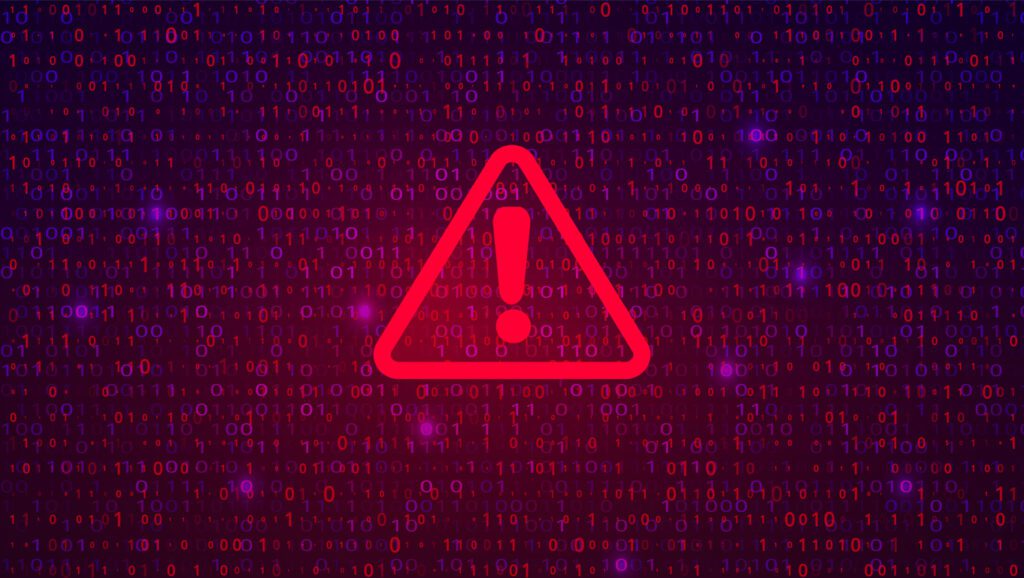Many of us have probably heard about a data breach that involved a companies like Twitter and Revolut. A Data Breach is a cybersecurity incident where someone is able to gain access to confidential or sensitive information such as personally identifiable information, financial records, or health records, in a company’s database. Most data breaches are caused by security vulnerabilities in software, hacking by malicious actors, the spread of malware, physical theft of electronic devices, or human error such as weak passwords or insider misuse by employees.
While high-profile data breaches are normally linked to large companies, this doesn’t mean that private medical practices are immune to these dangers. In fact, the healthcare industry has experienced more data breaches than any other sector and the average cost of a healthcare data breach is $10.1 million, much higher than any other industry. The reason behind this is that PHI (personal health information) is deemed much more valuable than other types of personal data because criminals can use it to target victims using frauds and scams pertaining to their unique health conditions. Considering the sensitive nature of healthcare records and the high value placed on this information, the additional long-term financial impacts of a data breach on a private medical practice can be extremely damaging.

How to develop and implement a data security plan
Even if you are just a small practice with a few employees, it is extremely important that you protect your practice from a data breach both from a financial and a consumer trust perspective. One of the first things you need to do is complete a risk assessment to find any vulnerabilities within the organization. Based on these outcomes, you will then need to develop a data security plan that not only reduces or eliminates these vulnerabilities but also safeguards against them in the future. This should be done relatively frequently (ie annually or whenever there are major changes within the organization) to ensure that there are no breaches in the future.
The data security plan should include things like regularly updating software, installing firewalls and antivirus software, and encrypting data. There should also be a system in place to automatically back up your data in case a security breach maliciously deletes it. Many of the security software on the market today can be automated to run on a continuous basis so that you can rest assured that your data is protected.
You should also implement strong passwords as well as multi-factor authentication and consider limiting data access amongst employees so that people only have access to the information needed to do their job. Make sure that your team is aware of potential data security attacks like phishing and that they are properly trained on how to handle patient data. Finally, ensure that there is an incident response plan in place that outlines the protocols and procedures when a data breach occurs.
Don’t forget that data protection extends to physical data. All paper files that have sensitive information on them should be shredded before being thrown away and all files should be stored in a secured location with restricted access to select employees.
How can Orchard Medical Management help protect against a data breach?
We understand that this may sound like a lot of work but it is imperative that you protect all of the data stored within your practice’s assets against a data breach. Companies like Orchard Medical Management can help you manage your administrative, revenue management, and HR tasks to allow you to dedicate your time to providing excellent service for your patients.
Get in touch with the professionals at Orchard Medical Management today to learn more.
